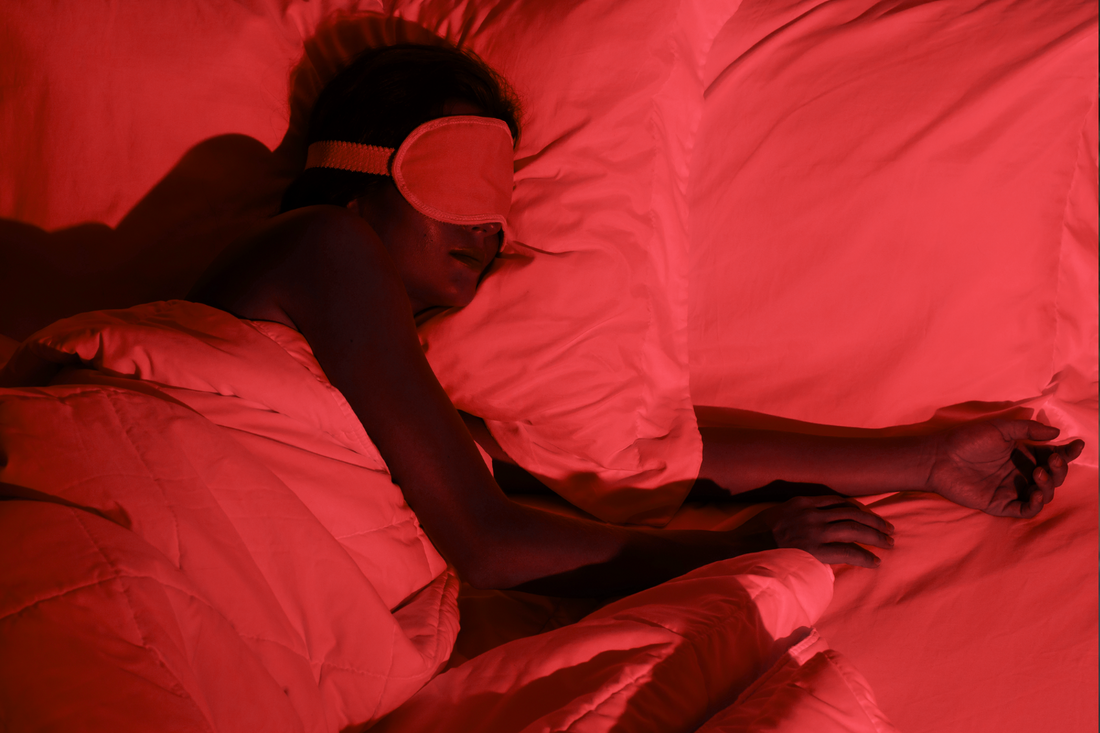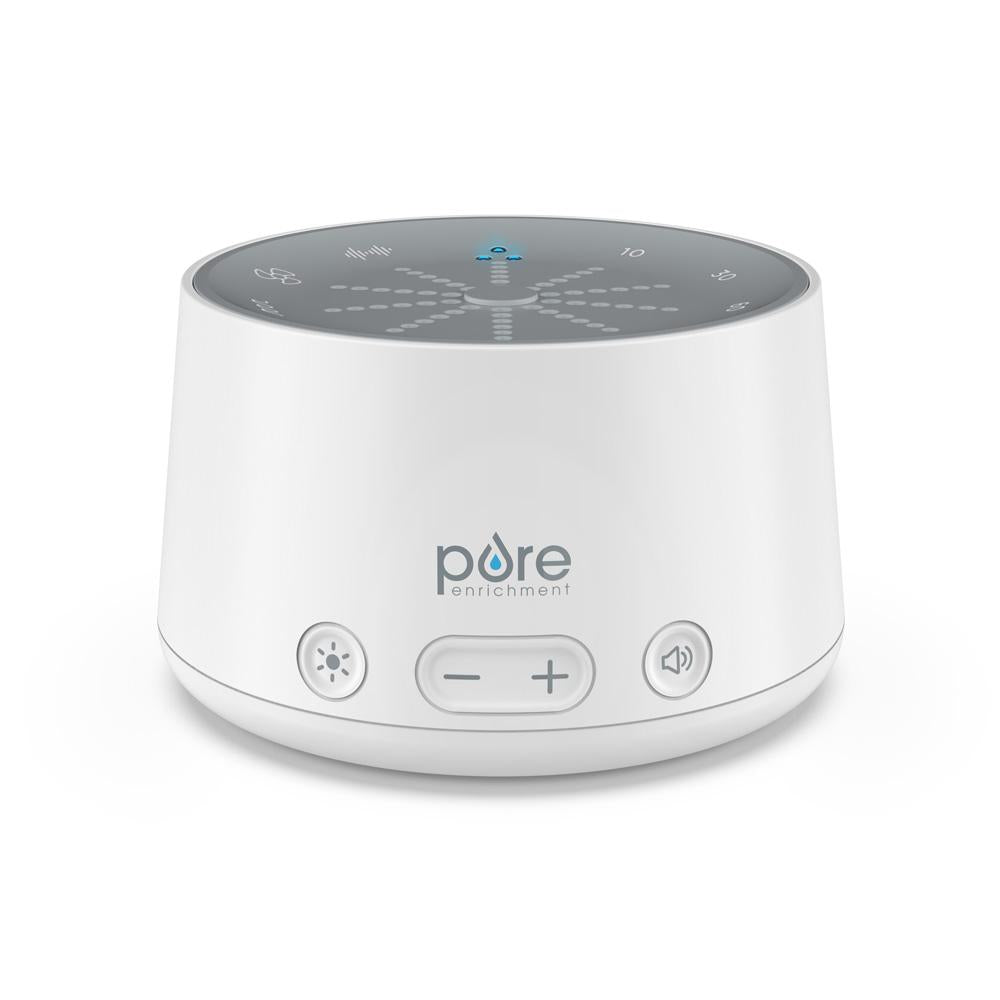Efficient Treatment Solutions for Managing Sleep Disorders and Enhancing Relaxed Rest
In the realm of health care, the monitoring of rest problems and the pursuit for peaceful sleep are pivotal elements of overall health. Efficient therapy solutions use a complex method to tackle these challenges, varying from cognitive behavior treatments to all natural techniques that promote relaxation and mindfulness. The exploration of numerous strategies, consisting of the assimilation of medication and light therapy, opens up a world of possibilities in the search of better rest quality. As we browse the elaborate landscape of sleep disorders and seek to boost our rest experience, a deeper understanding of these treatment options may hold the secret to unlocking a more rejuvenating and meeting corrective journey.
Cognitive Behavioral Therapy for Sleeplessness (CBT-I)
Cognitive Behavioral Therapy for Sleeping Disorders (CBT-I) is an organized, evidence-based treatment strategy that concentrates on dealing with the underlying aspects adding to rest disruptions. This kind of treatment intends to change behaviors and thoughts that aggravate sleep problems, inevitably advertising healthy sleep patterns. CBT-I usually entails a number of vital elements, including cognitive therapy, sleep constraint, stimulation control, and sleep health education.
Cognitive treatment assists individuals determine and alter adverse idea patterns and ideas regarding rest that might be hindering their capacity to fall or stay asleep. Sleep constraint entails limiting the quantity of time spent in bed to match the person's actual rest duration, thereby raising sleep efficiency (sleep deprivation help). Stimulation control techniques help develop a solid organization in between the bed and sleep by encouraging individuals to head to bed only when sleepy and to prevent involving in boosting activities in bed
In addition, sleep hygiene education and learning focuses on establishing healthy rest practices, such as preserving a regular sleep routine, producing a relaxing bedtime regimen, and enhancing the rest environment. By addressing these factors comprehensively, CBT-I provides an efficient non-pharmacological intervention for managing sleep problems and boosting total rest top quality.
Rest Hygiene Practices
Having developed the structure of cognitive restructuring and behavior modifications in attending to insomnia with Cognitive Behavioral Therapy for Insomnia (CBT-I), the focus now changes in the direction of exploring essential Rest Health Practices for keeping ideal rest quality and overall wellness.
Rest hygiene methods incorporate a series of behaviors and environmental variables that can significantly impact one's capability to go to sleep and stay asleep throughout the night. Regular rest and wake times, producing a relaxing going to bed routine, and optimizing the sleep setting by maintaining it dark, silent, and cool are important parts of excellent rest health. Limiting exposure to screens before bedtime, preventing energizers like caffeine near to bedtime, and taking part in normal exercise throughout the day can additionally advertise much better rest top quality.
In addition, practicing click here for more info leisure methods such as deep breathing workouts or reflection before bed can help relax the mind and prepare the body for sleep. By including these rest hygiene practices right into one's everyday routine, people can develop a healthy sleep pattern that supports relaxing rest and overall well-being.
Leisure Techniques and Mindfulness
Applying leisure strategies and mindfulness techniques can play an essential role in fostering a sense of calmness and promoting quality sleep. Furthermore, assisted imagery can aid move individuals to a peaceful place in their minds, aiding in anxiety reduction and enhancing sleep high quality.
By incorporating these methods into a going to bed routine, people can signal to their bodies that it is time to prepare and loosen up for rest. Generally, integrating relaxation techniques and mindfulness methods can substantially add to managing rest problems and improving total sleep quality.

Medicine Options for Rest Disorders
After exploring relaxation strategies and mindfulness techniques as non-pharmacological treatments for enhancing sleep quality, it is vital to take into consideration medicine alternatives for individuals with sleep conditions. In instances where lifestyle changes and therapy do not supply adequate alleviation, medication can be a useful tool in managing rest disturbances.
Frequently prescribed medicines for rest problems include benzodiazepines, non-benzodiazepine hypnotics, antidepressants, and melatonin receptor agonists. Antidepressants, such as trazodone, can be beneficial for individuals with co-occurring anxiety and rest disturbances - cognitive behavioral therapy for insomnia (CBT-I).
It is vital for people to speak with a doctor to identify one of the most suitable medication choice based upon their details rest problem and case history.
Light Therapy for Body Clock Law
Light therapy, also understood as phototherapy, is a non-invasive therapy technique used to control body clocks and enhance sleep-wake cycles. This therapy entails direct exposure to brilliant light that imitates natural sunlight, which assists to reset the body's body clock. By exposing people to particular wavelengths of light, usually in the early morning or night depending upon the preferred impact, light treatment can effectively readjust the circadian rhythm to advertise wakefulness throughout the day and improve relaxed sleep in the evening.
Research has revealed that light treatment can be particularly useful Continue for individuals with body clock conditions, such as delayed sleep stage disorder or jet lag. It can likewise be useful for those experiencing seasonal affective condition (SAD), a sort of clinical depression that generally takes place during the winter season when all-natural light exposure is lowered. Light therapy is normally well-tolerated and can be used in combination with various other therapy approaches for rest disorders to enhance results and improve total rest high quality.
Final Thought
In verdict, reliable treatment solutions for taking care of sleep problems and improving see this peaceful sleep consist of Cognitive Behavior modification for Sleep Problems (CBT-I), rest hygiene techniques, relaxation techniques and mindfulness, drug alternatives, and light treatment for body clock policy. These approaches can assist individuals boost their rest quality and overall well-being. It is necessary to talk to a doctor to figure out the most suitable approach for resolving rest problems.
As we browse the complex landscape of sleep conditions and look for to enhance our rest experience, a much deeper understanding of these therapy services might hold the trick to unlocking an extra relaxing and meeting corrective trip.
Rest constraint involves limiting the amount of time invested in bed to match the individual's real rest period, thereby boosting rest effectiveness. Regular rest and wake times, producing a relaxing going to bed regimen, and optimizing the sleep environment by keeping it dark, silent, and cool are important components of good rest health. Light therapy is normally well-tolerated and can be used in combination with other therapy techniques for rest conditions to optimize outcomes and improve total sleep top quality.
